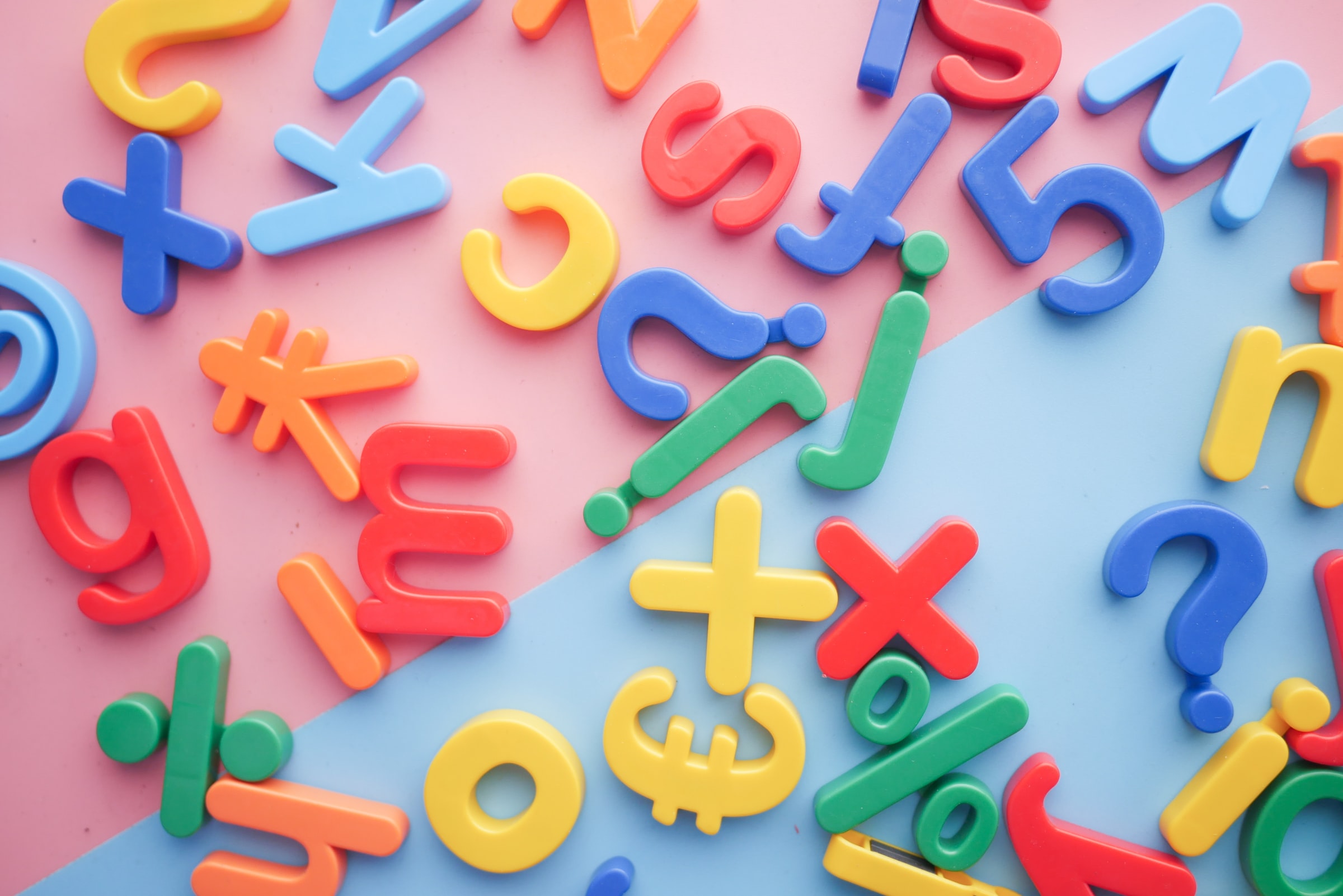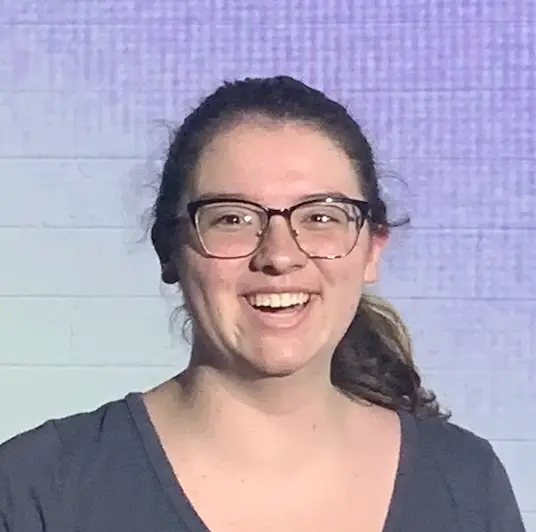Most American high school graduates recall learning a second language. Yet, these languages tend to be limited to only Spanish and French depending on the school they attend, with Spanish being the most common choice for students. This is why college gives students the opportunity to pick from a wide variety of languages to study. There are so many languages students should be given the option to explore; many of which have unique alphabets, grammatical rules and sentence structures. Some languages are easier to pick up than others, as their grammatical structures are similar to those in English, while others are more challenging for a native English speaker to learn. So, which language is the perfect fit for you?
American Sign Language
For those who are kinesthetic (hands-on) learners, American Sign Language (ASL) is a great choice. Not only does learning ASL improve linguistic accessibility across the deaf and hearing communities, but it can be beneficial for those who wish to become interpreters. Since interpreters are in high demand, this means that learning ASL looks great on a future resume. Nevertheless, it’s important to acknowledge that sign language isn’t solely focused on the hands; understanding how to read body language, lips and facial expressions is crucial. Learning this hands-on dialect can also improve one’s communication, spelling and body language skills. ASL follows the English dialect, making it easier to learn, but keep in mind that there are other variants of sign language. While most college campuses only offer ASL, this dialect alone will open doors to the world of sign language.
German
While many deem this dialect harsh due to its pronunciation, the German language is anything but. If you’re searching for a language that is similar to English, yet unique in its own right, then learning German might be the path to take. The German alphabet is similar to that of English, with a few added letters that can change a word and its pronunciation in a heartbeat. German also includes different sentence structures that come up the longer a student progresses in the language. This can make German a bit more confusing for English speakers to learn since they have to think about the layout of a sentence differently. For example, an English speaker would say “I am going shopping with my sister” whereas a German would say “Ich gehe mit meiner Schwester einkaufen.” The difference is the verb placement; “to shop” or “einkaufen” is at the end of the sentence rather than directly after the first verb. However, after copious practice and patience, this new rule will become second nature to those learning the German language.
Japanese
For anime watchers who would prefer to watch shows in their native tongue without subtitles, learning Japanese is highly recommended. What makes this language one of the hardest to learn is that it has three different types of alphabets: Hiragana (ひらがな), Katakana (カタカナ), and Kanji (漢字). Each alphabet has a specific origin and purpose, which can become extremely confusing to non-native speakers. They also read and write their sentences differently, going from top to bottom and right to left, something that is rather foreign to an English speaker. Writing in their alphabet can be intimidating since there are over 3,000 symbols commonly used in the written language. But these obstacles should not sway a student from trying to comprehend the Japanese language. Watching anime in their recommended language also serves as great practice for learners who want to test their understanding of this foreign language.
Russian
Many believe that Russian is one of the hardest languages to learn, its unique alphabet can be intimidating and its pronunciation can be just as challenging. Most European languages derive their alphabet from the Latin language, whereas Russian is Cyrillic. The alphabet also looks vastly different from the classic 26-character set that English speakers are familiar with, including 33 letters, a handful of which look familiar, but are pronounced quite differently. Yet there are very few rules native speakers, and those that choose to learn the language, have to follow. The Russian language has less of a sentence structure, since emphasizing certain parts of a sentence is deemed more important. However, it’s important to remember that word order matters when attempting to convey a specific point. No one said that learning another language would be easy, but many enjoy the added challenge.
Mandarin
Deemed the hardest language in the world to learn, Mandarin is quite the challenge for English speakers. But this does not mean it’s truly impossible to learn, as many English speakers have conversed with natives as if it were their native tongue. What makes this language difficult is that there are no overlapping conventions to its vocabulary, meaning words don’t look similar, nor are they easy to learn through context clues. There’s no easy shortcut around this technical issue other than studying and practicing the dialect constantly and consistently. Similar to the Japanese language, there are over 4,000 characters to be learned in order to converse with a native adult. In the beginning, it may seem impossible, but once the basics are truly mastered, the rest falls into place.
College students are given the opportunity to explore the world of languages, whether in the classroom or virtually. Everyone should be given the opportunity to embark on a thrilling journey into the uncharted waters of language learning. I would recommend that prospective students study foreign languages that they know they will be useful beyond graduation. A new language can benefit them in the long-run, and offers them the opportunity to meet new people and perhaps live somewhere outside of the United States. Even though learning new grammar, new sentence structures and possibly an entirely new alphabet can be incredibly frustrating, the end result is truly rewarding.

















